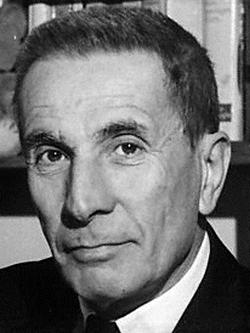
Dino Buzzati-Traverso was an Italian novelist, short story writer, painter and poet, as well as a journalist for Corriere della Sera. His worldwide fame is mostly due to his novel The Tartar Steppe, although he is also known for his well-received collections of short stories.
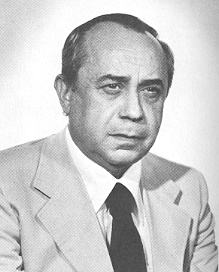
Leonardo Sciascia was an Italian writer, novelist, essayist, playwright, and politician. Some of his works have been made into films, including Porte Aperte, Cadaveri Eccellenti, Todo Modo and Il giorno della civetta. He is one of the greatest literary figures in the European literature of the 20th century.
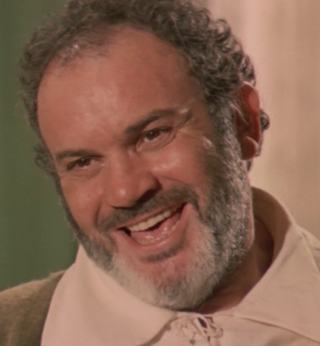
Mario Brega was an Italian character actor. His heavy build meant that he regularly portrayed a thug in his films, particularly earlier in his career in westerns. Later in his career, however, he featured in numerous Italian comedy films. Brega stood at 6 feet 4 inches (1.93 m) and well over 250 pounds (110 kg) at his heaviest but after the 1960s slimmed down significantly.
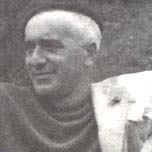
Giovanni Comisso was an important Italian writer of the twentieth century, appreciated by Eugenio Montale, Umberto Saba, Gianfranco Contini and many others.

The Strega Prize is the most important Italian literary award. It has been awarded annually since 1947 for the best work of prose fiction written in the Italian language by an author of any nationality and first published between 1 March of the previous year and 28/29 February.

Carlo Cassola was an Italian novelist and essayist. His novel La Ragazza di Bube (1960), which received the Strega Prize, was adapted into a film of the same name by Luigi Comencini in 1963.

Sandro Veronesi is an Italian novelist, essayist, and journalist. After earning a degree in architecture at the University of Florence, he opted for a writing career in his mid to late twenties. Veronesi published his first book at the age of 25, a collection of poetry that has remained his only venture into verse writing. He has since published five novels, three books of essays, one theatrical piece, numerous introductions to novels and collections of essays, interviews, screenplays, and television programs.

Raffaele La Capria was an Italian novelist and screenwriter.
Nicola Campogrande is an Italian composer and music journalist. He is the artistic director of the MITO SettembreMusica festival. He writes for the newspaper Corriere della Sera. His music is published exclusively by Breitkopf & Härtel.

Corrado Alvaro was an Italian journalist and writer of novels, short stories, screenplays and plays. He often used the verismo style to describe the hopeless poverty in his native Calabria. His first success was Gente in Aspromonte, which examined the exploitation of rural peasants by greedy landowners in Calabria, and is considered by many critics to be his masterpiece.
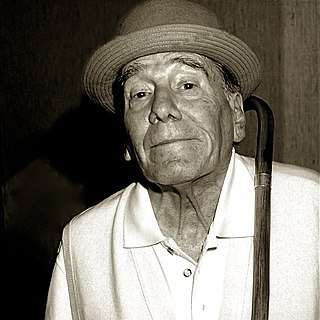
Pietro De Vico was an Italian film actor. He appeared in 70 films between 1948 and 1991. He was married, from 1937 until his death in 1999, to actress Anna Campori.

Alessandro Barbero is an Italian historian, novelist and essayist.
Nietta Zocchi was an Italian film actress. She appeared in 70 films between 1936 and 1976.
Stanislao Nievo was an Italian writer, journalist and director. He won the Strega Prize. He was the great grandson of Ippolito Nievo, author of Le confessioni di un italiano.

Marco Malvaldi is an Italian crime writer.
Laudomia Bonanni was an Italian writer and journalist. Although she started publishing when she was a teenager, her literary career took off in 1948 when she won a national contest; she went on to be a prolific and award-winning author. The Nobel laureate Eugenio Montale compared her realism to James Joyce’s Dubliners, and other distinguished critics considered her one of the most important and original voices in Italy’s post-World War II literature.

Pierdomenico Baccalario is an Italian author of children's and young adult fiction, best known for his Ulysses Moore series that sold more than 10 million copies worldwide.
Giorgio Scerbanenco was an Italian crime writer.
Maria Rosa Cutrufelli is an Italian writer and journalist.
Orsola Nemi was an Italian writer and translator.













